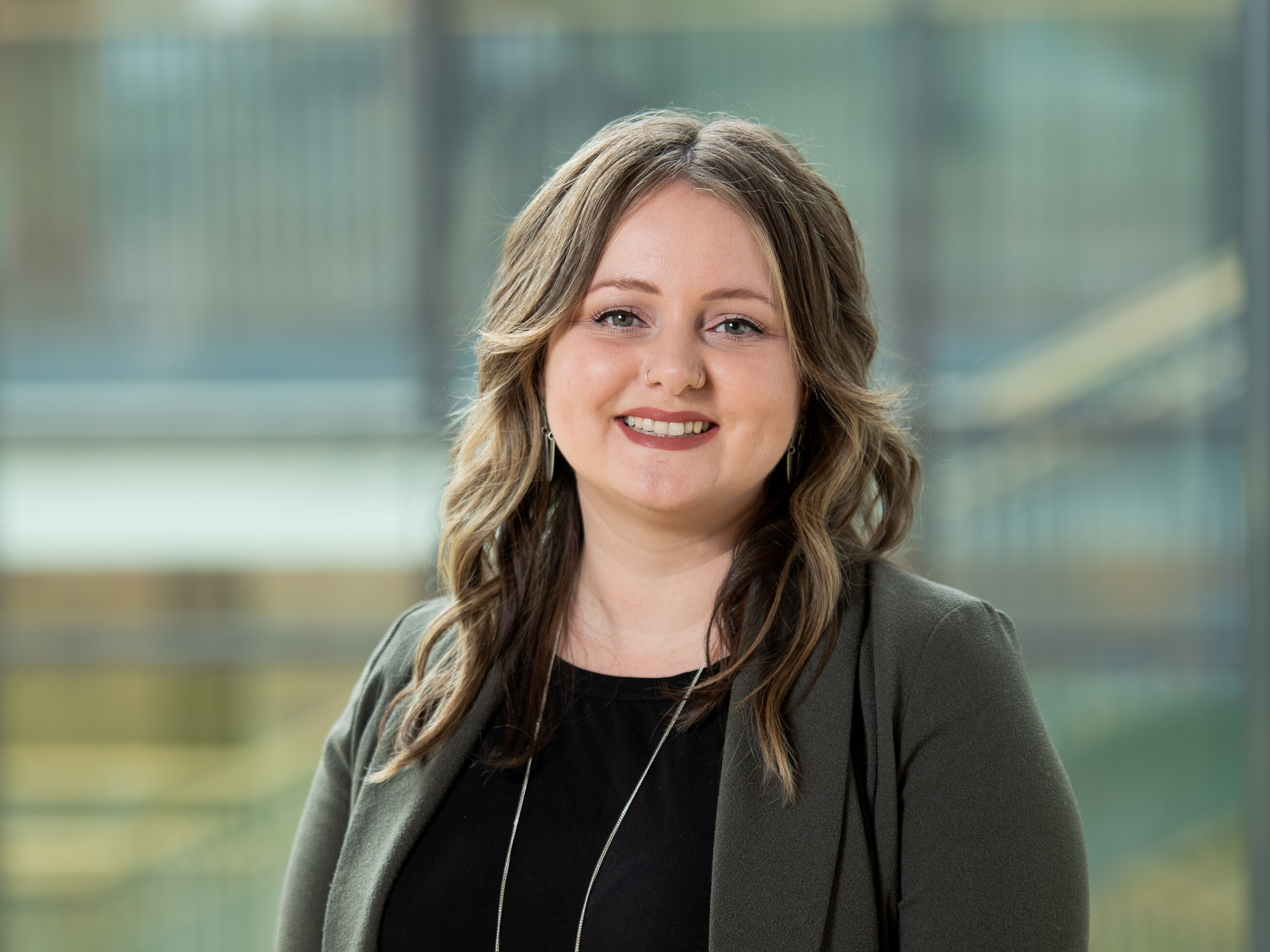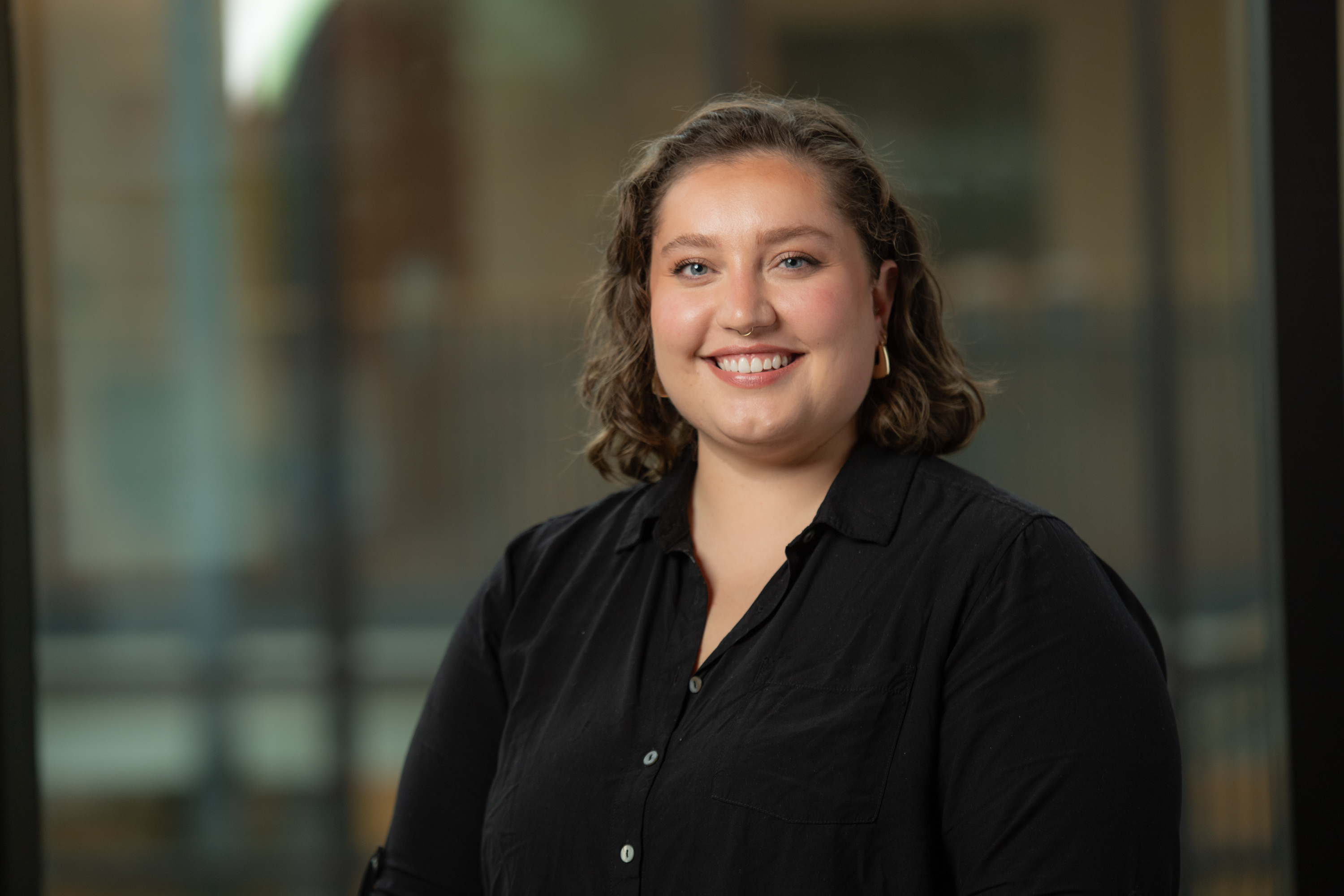
Transforming Masculinities through Peer Education for Improved Holistic Wellbeing
Recorded On: 06/26/2024
- Registration Closed
This webinar will demonstrate the impact of a transforming masculinities peer education model and how it leads to further exploration, including the concept of “transform yourself to transform the world” and how increasing the ability to empathize, be vulnerable and engage with your unearned privileges can have a lasting impact on how you operate in the world, positively shifting the underpinnings of structural violence.
Participants will be introduced to an innovative and nuanced masculinities peer education model, which centers connection, vulnerability, and empathy. Founded in 2016 to provide spaces for students who hold considerable societal privilege to thoughtfully examine what healthier norms of masculinity could look like. The model being discussed has 8 years of evolved application with evidence illustrating its attainment of learning objectives. In the 2022-2023 academic year, 92% of participants indicated that after the program they were able to reflect on how gender norms and constructs affected their daily life and 89% were able to interrogate ways in which harmful practices and ideas around masculinity have existed in their groups. This presentation highlights lessons learned, the program's impact, the potential for adoption of practices at other institutions, and explores the possibilities of long-term impact on structural violence.
Learning Outcomes:
- Understand the impact of unpacking male privilege on pro-health behaviors in and beyond college
- Identify strategies for increasing empathy and vulnerability in order to impact individuals and group culture
- Synthesize outcomes from this transformative masculinities peer education model with feminist change theory and consider the potential for growth and future applications in other settings
Plus earn CSAEd CE Credit.

Tanya Purdy, MPH MCHES
Director, BWell Health Promotion
Brown University
Tanya has developed, implemented and assessed a range of health promotion interventions focusing on bystander intervention, transforming masculinities, hazing prevention, and wellbeing equity. She is invested in bringing restorative practices, feminist theory and research on the social determinants of health into all of her health promotion work. She is also a dedicated reproductive justice advocate and a trained full spectrum doula. Tanya received a BA in Political Science and Women’s Studies from Montclair State University and a Masters in Public Health from Rutgers University. When not at work, you can find Tanya playing drums, embroidering or volunteering for a local animal rescue.

Allison Seeley, MPH
Relationship Empowerment Coordinator
Brown University
Allison is a public health professional with experience working in clinical, non-profit, and higher education settings. She began her public health career working as a Medical Assistant at Planned Parenthood of Maryland while volunteering at a local Sexual Assault and Domestic Violence Center. Through that work she became dedicated to pursuing a career promoting healthcare accessibility, health equity, individual autonomy, and interpersonal violence prevention. Allison moved to Rhode Island after spending several years at Towson University designing, implementing, and evaluating trauma-informed programming to build a campus culture of consent. Allison holds a BS in Neuroscience from Christopher Newport University and a Masters in Public Health from University of Michigan, Ann Arbor. In her spare time, you can find Allison playing volleyball, kayaking, or consuming every book in sight.
Guidelines for earning CSAEd credit:
1 CSAEd Core CE will be awarded for completing this course. Completion includes watching the recording and completing the Feedback Survey.
No partial credit will be awarded; full completion is required.
Participants must also complete the feedback survey in the Online Learning Community.
Credit is only available for attending the live session.
To receive CSAEd credit, attendees must complete the Feedback Survey in the online event offering the certification. Once the survey is completed, your Certificate will be available in the event modules. The Certificate of Completion, which will show the event and credit earnings, is available for download and/or print from the event in your Online Learning Community.
NASPA has been approved by the Higher Education Consortium for Student Affairs Certification to provide CE credit for Certified Student Affairs Educators (CSAEd). NASPA is solely responsible for all aspects of this program.